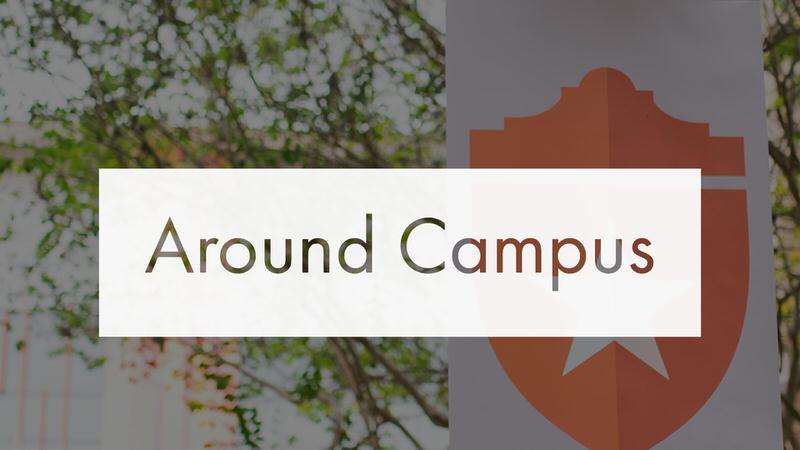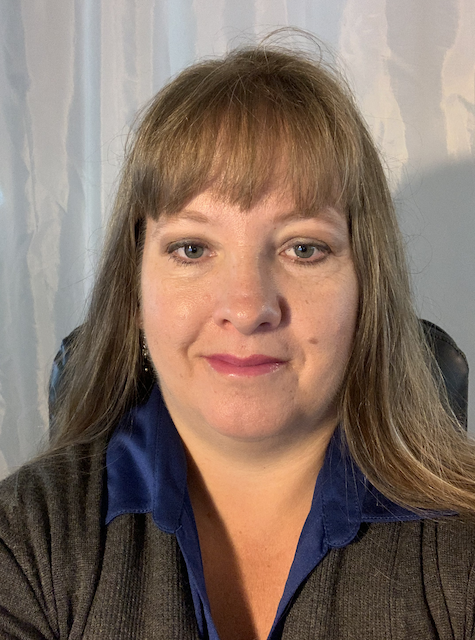Kirsten Verkamp Receives A $15,000 Scholarship Award As A Veteran’s Health Scholar

 Nursing Science student Kirsten Verkamp was chosen to receive the Jonas Nursing and Veterans Healthcare Scholar Award for the 2021-2023 cohort.
Nursing Science student Kirsten Verkamp was chosen to receive the Jonas Nursing and Veterans Healthcare Scholar Award for the 2021-2023 cohort.
The award is given by Jonas Nursing and Veterans Healthcare. Kirsten will join a cohort of Jonas Scholars, which will comprise 75 Scholars across the country, focused on our streamlined priority topic areas of veterans’ healthcare, mental health, environmental health, and vision health, to align the program across all of Jonas Philanthropies’ interest areas.
“Being selected as a Jonas Nursing and Veterans Healthcare Scholar is truly an honor and a privilege. I will continue to expand upon the preliminary data in this complex area of veteran reintegration to further my knowledge and guide my research focus,” Verkamp said. “The Jonas Scholar program includes monthly networking and mentorship opportunities with nationally known researchers in the substantive area.”
Kirsten’s research focuses on the reintegration of veterans from military to civilian life. She is working to understand and identify veteran reintegration needs, address the gaps, and develop evidence-based programs and services to help facilitate a positive reintegration for veterans.
She explained that veteran reintegration is inherently a complex research phenomenon because of differences between military and veteran status.
According to the U.S. Department of Labor, 4.3 million service members have deployed since September 2001 with an estimated 200,000 service members separating annually, and there are approximately 18.8 million American veterans in the community.
“Having served over 21 years as an Air Force nurse, I was prepared to check the logistical ‘boxes,’ such as moving, securing housing, and managing my finances upon my transition from active-duty service,” she said. “On the other hand, although veterans throughout my career nondescriptly recounted their experiences as ‘missing the people and the mission,’ I was not prepared for the complexity of what that statement meant.”
Kirsten also explained that when she reflected on her own telehealth experience screening active-duty members for high-risk concerns such as PTSD, depression, and suicidal ideation, she was concerned that the cumulative effect of service-related roles and missions do not magically “go away” upon removing the uniform and replacing it with civilian clothes.
“Three months after I hung my uniform neatly in the back of my closet, I presented the American flag to my uncle upon my cousin’s death. My cousin, a combat veteran, called me weekly or at least monthly upon his separation from the Army. I asked myself, ‘What did I miss? What could I have done?’ What I know is that like many veterans who have participated in research, my cousin described reintegration challenges,” she said.
As a researcher and healthcare professional, her goal is to better understand the range of reintegration experiences and to be able to identify and assist veterans in experiencing a positive reintegration to their civilian role, purpose, and identity in a culture that is very different from that of the military.
She will be working with her UT Health Jonas Scholar mentor Dr. Jim Cleveland, her advisor Dr. Maria Danet Bluhm, her quantitative research mentor Dr. Andrea Berndt, and her qualitative mentors, Dr. Sara Gill and Dr. Jana Lesser.
She recently published a paper in The Journal for Nurse Practitioners entitled “From Warrior Ethos to Obscurity: Veteran Reintegration Literature Review.” The paper highlights research based veteran strengths such as connection, establishing a veteran-civilian identity, and the ability to process negative aspects of their service. It also highlights reintegration risk factors such as descriptions of loss and trauma as well as a lack of the previously mentioned strengths (i.e. lack of connection, difficulty establishing a veteran-civilian identity, and the inability to reconcile/reframe negative aspects of one’s service).
She will be presenting this project at the San Antonio Military Healthcare Systems (SAMHS) and Universities Research Forum (SURF) 2021 conference. Her next project is to explore the “reverse culture shock” phenomenon through qualitative data and a literature review as well as to work with experienced researchers in the field regarding the next step in measurement science.
